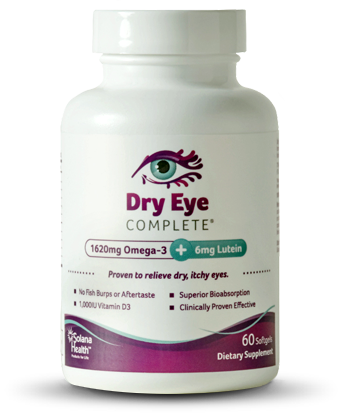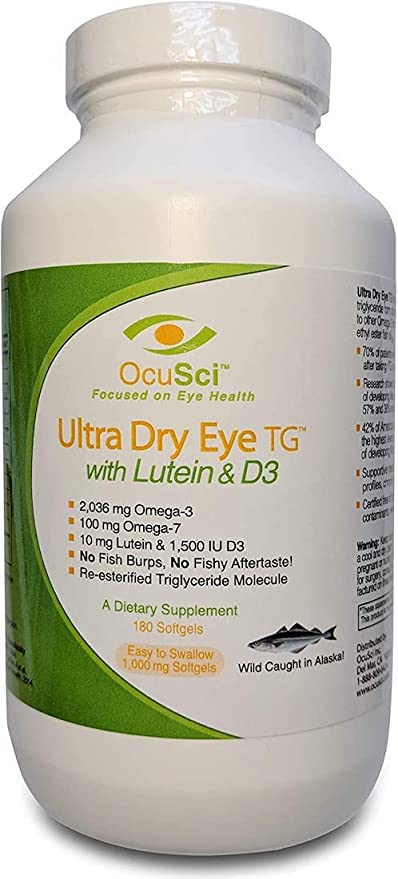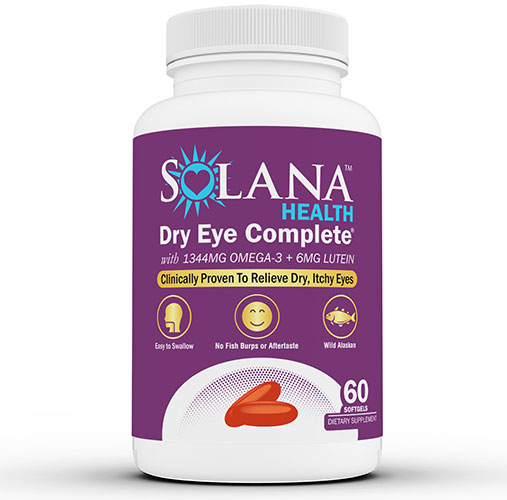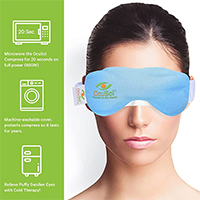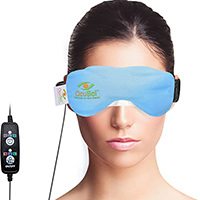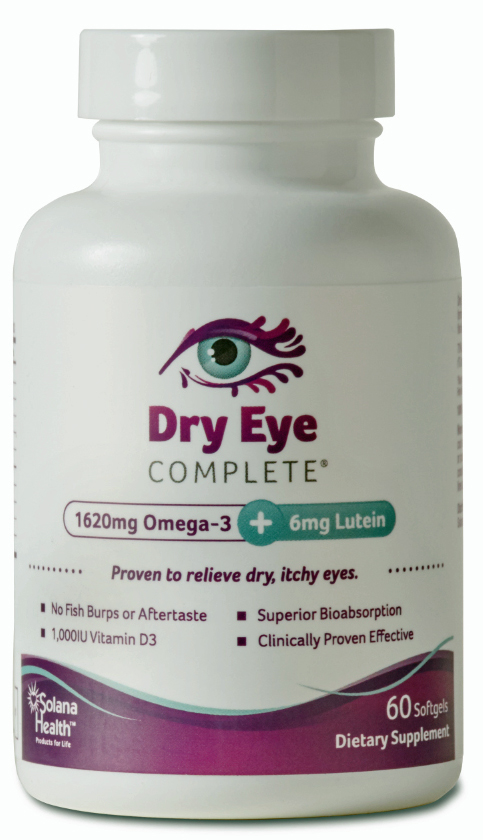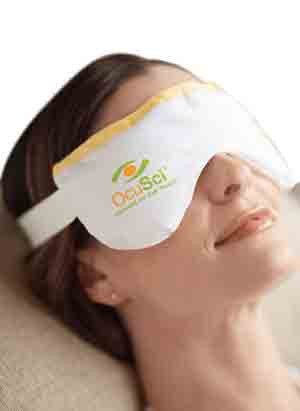While there is no cure at this time for the condition of age-related macular degeneration (AMD), it appears that there are a number of things that people can do to reduce their risk of getting the disease and experiencing the AMD related vision loss that comes along with it. Many doctors recommend that you should be particularly diligent about taking steps to prevent macular degeneration if you have a history of this condition in your family – as this has been proven to be a serious risk factor for the disease. AMD is currently the leading cause of irreversible vision loss among elderly people, who can slowly lose their central vision. In time, a person who suffers from macular degeneration may find that they struggle to complete daily tasks such as driving and even reading or recognizing faces.
Slowing Down Age Related Macular Degeneration
While there is no cure for this condition, that doesn’t mean that there are no treatments that may be able to help to prevent severe vision loss or stop the disease from progressing too quickly. Several treatment options are currently available, including:
- Anti-angiogenic drugs – these are medications which can be injected into the eye to block the development of new blood vessels as well as leakage from the abnormal vessels within the eye that might lead to wet macular degeneration. This treatment has been a major change for the treatment of AMD and may even help people to regain some of their sight.
- Laser therapy, which involves using high-energy laser light that can actively work to destroy blood vessels that are growing abnormally, which is something that is quite common in AMD cases.
- Photodynamic laser therapy – this is a two step treatment in which light sensitive drugs are used to destroy abnormal blood vessels. The medication is injected into the blood stream to be absorbed by the abnormal vessels in the eye, and then the doctor shines a cold laser into the eye to activate the drug.
Understanding AMD
AMD is a condition that occurs most commonly in older people. In AMD, the cells of your macula, the central part of the retina at the back of the eye, stop working. This can cause deterioration in your central vision, and this is the sight that we use for recognizing faces and reading. There are two types of AMD that people may suffer from: wet and dry AMD. In the dry option, the cells in your macula are slowly going to stop working correctly, whereas in the wet type the cells stop working and the eye tries to fix the problem by building new vessels. Unfortunately, these cells are often weak and grow incorrectly.
Wet AMD often progresses a lot more quickly than dry AMD and may lead to serious changes in your central vision that take place within a short period of time. There is currently no treatment for dry AMD but there are treatments for wet AMD.
Antioxidants for AMD
The nutritional supplements that are useful in conjunction with AMD are the antioxidant vitamins A, E, and C, as well as trace elements like zinc and the micronutrients zeaxanthin and lutein. Lutein and zeaxanthin are not made by the body and can only be obtained through diet and supplements. Most people find that these substances collect naturally within the macula. It is thought that these antioxidants are helpful with AMD because of the free radical theory associated with cell damage. this means that free radicals build up over your life through behaviors like eating and breathing. Eventually, these free radicals cause damage to our bodies, and antioxidants help by getting rid of them, or stopping them from damaging the cells.
Can Supplementation and Diet Prevent AMD?
It is possible for change to occur within the retina which an eye specialist can spot upon examination. During this time, you may not even have any obvious problems with your vision. For instance, a doctor might see drusen when examining your retina, and these are small deposits which can often be seen as yellow dots. Having small amounts of drusen is not the same of having AMD. However, you might be able to notice early that there are problems with your vision, and therefore take steps to prevent further problems by addressing issues with your diet and supplementation.
Several studies have examined the role of antioxidant supplements in preventing the progression of AMD. However, at present there is no solid evidence to prove that people who do not have AMD should take zeaxanthin or lutein, antioxidant supplements, or any multivitamins. It is generally thought though that a healthy diet full of vegetables and fruits, as well as regular eye tests that will help to monitor drusen, can keep your eyes as healthy as possible. However, there isn’t much firm evidence that links specific diets or foods to the prevention of AMD.
AREDS – The Age Related Eye Disease Study
AREDS was a large clinical trial that was carried out in the US. It followed around 3,600 people who were diagnosed with different stages of AMD in different levels of severity, including people with early AMD. The aim of this study was to find out if nutritional supplementation could help to slow down the development of the disease. People in the trial were given high levels of zinc and antioxidants. The study found that people who were diagnosed with early AMD who took the AREDS formula in the trial were about 30% less likely to develop advanced AMD. Their risk of developing central vision loss was also reduced by 19%.
The formula that gave these results was:
- 500mg of vitamin C
- 400 international units of vitamin E
- 15mg of beta carotene
- 80mg of zinc
- 2mg of copper
AREDS 2
While the AREDS trial was being conducted, theories that zeaxanthin, lutein, and omega-3 fatty acids were helpful in slowing down the progression of AMD were also being put forward. Until recently there wasn’t much evidence as to whether it was beneficial to take these substances in relation to AMD, so a second trial known as AREDS2 was started. AREDS2 found that when zeaxanthin and lutein replaced beta-carotene in the original formula, the risk of someone developing advanced AMD decreased by another ten percent.
Resources and References:
Nutritional Supplements for Age-Related Macular Degeneration – Insight into the Importance of Taking Supplements for AMD (RNIB.org.uk)
Macular Degeneration Prevention – Preventing or Slowing Down the Progression of AMD (AllAboutVision.com)
Age-Related Macular Degeneration Treatment – Treatment for Slowing Down AMD Progression (WebMD.com)

